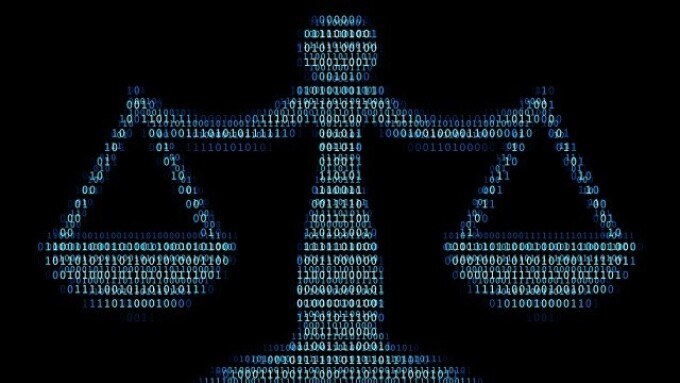WASHINGTON — The U.S. government is seeking to document your social media handles and pseudonyms.
Recently, the Customs and Border Protection, an agency within the Department of Homeland Security, has proposed collecting social media identifiers associated from a wide range of internet platforms and providers from arriving and departing travelers to the U.S.
Under the proposal, certain categories of visitors to the U.S. would be asked to disclose information about their “online presence” in their visa-waiver arrival/departure records (Form I-94W) and their online application for an Electronic System for Travel Authorization (ESTA).
In its proposed changes, CBP seeks the handles and pseudonyms in order to provide DHS “greater clarity and visibility to possible nefarious activity and connections by providing an additional tool set which analysts and investigators may use to better analyze and investigate the case.”
News of the proposed program has garnered criticism by many free speech advocates because the use of identifiers through handles and pseudonyms could offer a treasure trove of personal data to law enforcement. Sharing social media identifiers often means sharing sexual orientations and preferences, as well as political leanings and other data.
And most of those working in the adult entertainment industry — in front of the camera and those behind the scenes — use handles and pseudonyms to carry on daily business matters.
As a result, the Woodhull Foundation, Electronic Frontier Foundation and the Center for Democracy & Technology, along with about two dozen other organizations, recently called the proposal vague and overbroad and one that would unfairly violate the privacy of innocent travelers.
In an op-ed today, the EFF said that it is “worried about a slippery slope, where CBP could require U.S. citizens and residents returning home to disclose their social media handles, or subject both foreign visitors and U.S. persons to invasive device searches at ports of entry with the intent of easily accessing any and all cloud data.”
“This would burden constitutional rights under the 1st and 4th Amendments. CBP already started a social media monitoring program in 2010, and in 2009 issued a broad policy authorizing border searches of digital devices,” the EFF said. “We oppose CBP further invading the private lives of innocent travelers, including Americans.”







